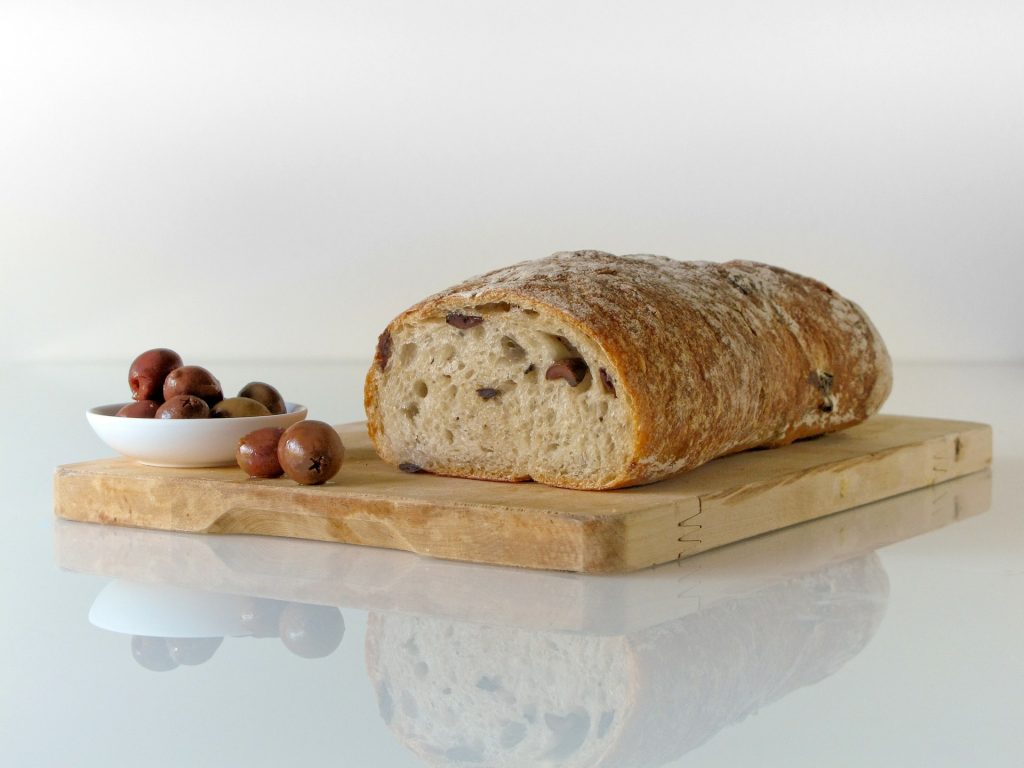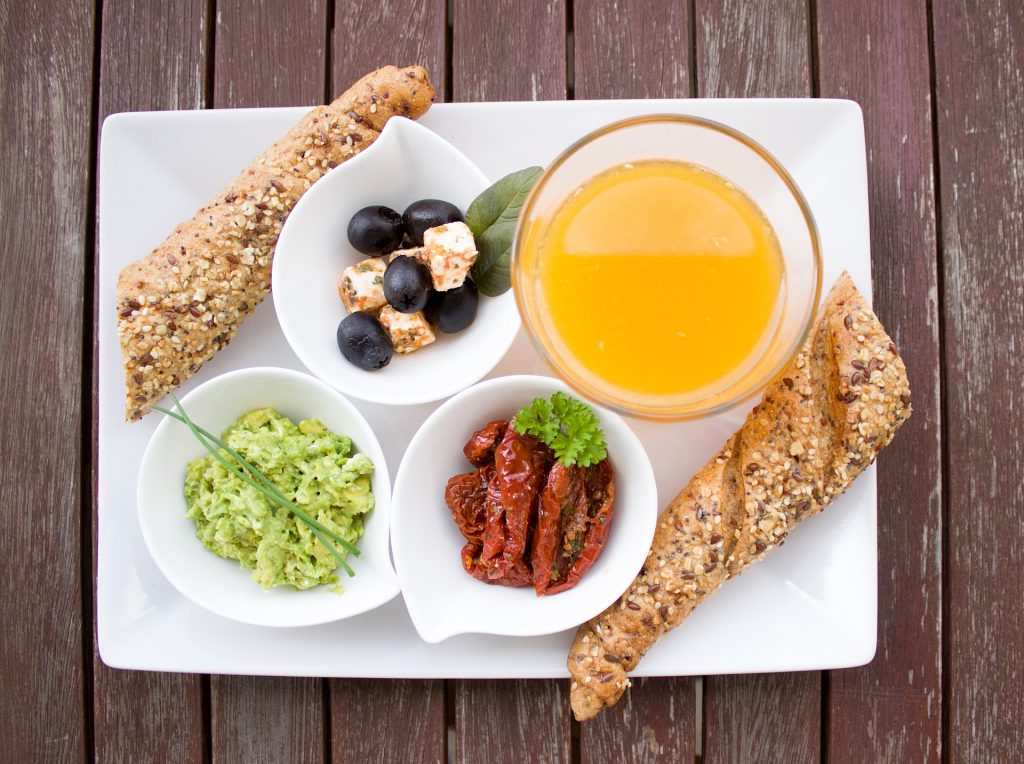The huge diversity of grains ensures making at least half your grains whole can be both fun and tasty! Grains are one of the five food groups and are considered an important building block of a healthy diet.

Any food made from wheat, rice, oats, cornmeal, barley, or other cereal grain is a grain product. Grains are important sources of dietary fiber and many nutrients, including B vitamins and minerals. When eaten regularly, the nutrients in whole grains help reduce constipation, contribute to a healthy immune system, and reduce the risk of some chronic diseases.
The essential vitamins and minerals contained in grains also contribute to optimal health by reducing the risk of heart disease, type 2 diabetes, obesity, and certain forms of cancer.
Enjoy Whole Grains Every Day
It is recommended that at least half of the grains you eat be whole grains. Grains can be divided into two subgroups:
- Whole grain products are made from the entire grain kernel, including the bran, germ, and endosperm.
- Refined grain products have been processed to remove parts of the kernel for a finer texture and/or to increase product shelf life. This process removes many important nutrients, including iron, B vitamins, and dietary fiber.
- Enriched refined grains have had iron and B vitamins added back into the grain product, but not the fiber.
Enjoy more whole grains in your diet by:

- Reading ingredient labels and choosing products that name a whole grain ingredient first, like whole wheat, brown rice, or oats.
- Using whole grains – like brown rice or barley – in soups, stews, or salads.
- Snacking on whole grain foods, such as popcorn or 100% whole wheat or rye crackers.
- Making sandwiches with 100% whole wheat bread or bagels.
Get more information about the grain foods at http://www.choosemyplate.gov/food-groups/grains.html
Did You Know?

Iron is essential in the production of red blood cells, which carry oxygen in the blood. Whole and enriched refined grain products are the major source of iron from plant foods in American diets. This type of iron (called non-heme iron) is absorbed better when eaten with foods rich in vitamin C.


